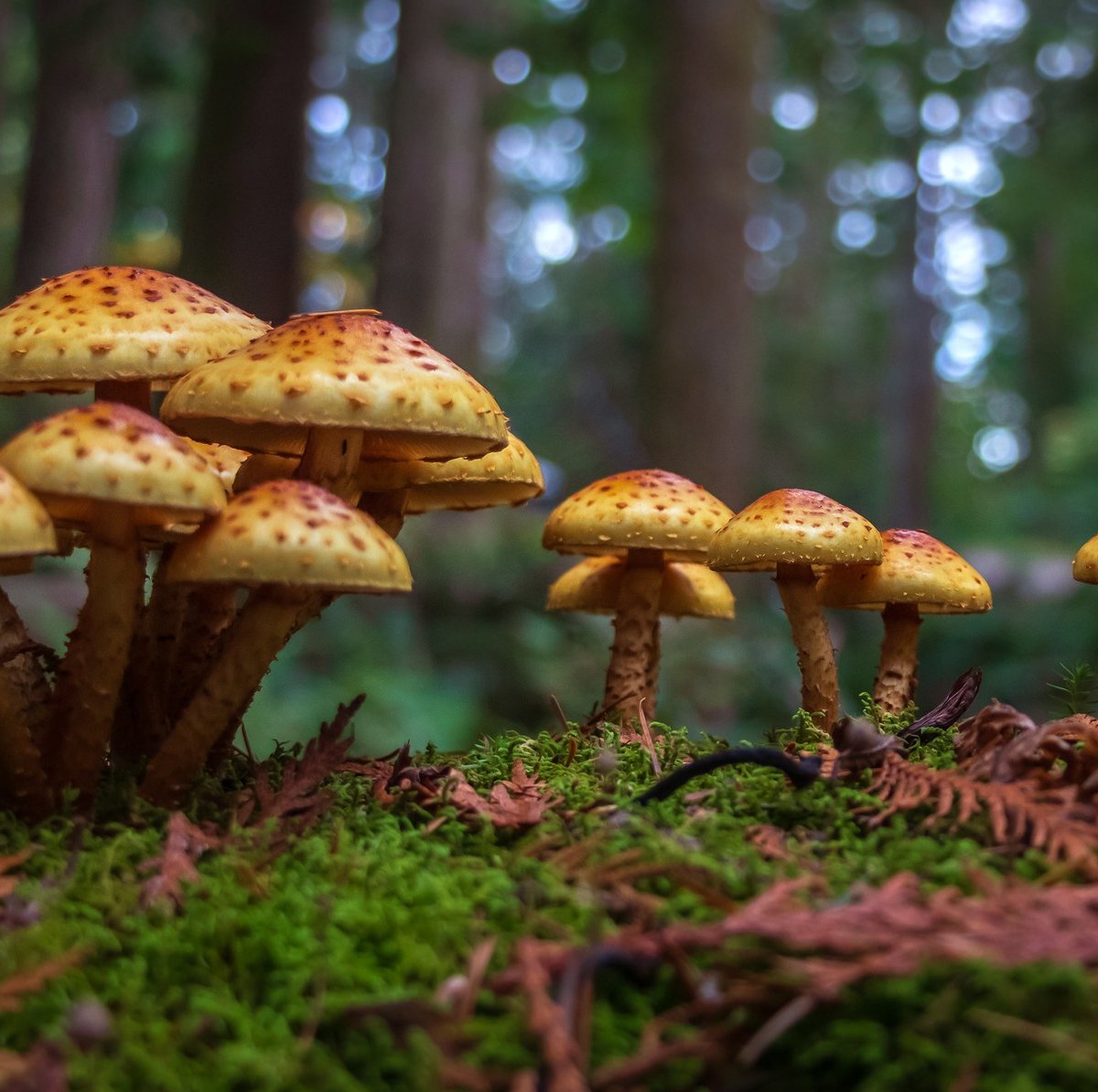Zombies: When we talk about zombies, fear and fascination take over us. The possibility of humanity falling into the hands of a virus, fungus or radiation and a universal apocalypse always attracts attention.
Movies, games, and an entire universe of literature have been developed with these hybrid beings in mind, without their own will, who can perform Herculean feats to die even though they are already “officially” dead.
So, do zombies only exist in fiction? They’re among us by magic, worms or fungal infection.. Find out if the fungal kingdom has the potential to infect humanity and dominate each of us.
Zombie recipe
From the mid-1930s, zombies began to come to the fore with their own stories. The idea of the existence of these “immortal” beings is believed to have its origins in the Voodoo culture, where people were enslaved by priests who dominated people’s minds and left them half-alive.
According to anthropological reports, priests were brewing “potions” that could dominate the minds of their victims, leaving them unwilling, restricting thought, and making them slaves to their master’s desires. Could these preparations contain fungi?
The truth is that Voodoo rituals have inspired many minds to create their own zombies, which can be achieved using a simple recipe: a person (dead or alive) and an ignition source for an intermediate state of existence. This new “opportunity” to wander aimlessly can be triggered in different ways, for example by mushrooms..
In the famous game series and series The Last of Us, the mushrooms of the game cordyceps They begin to infect people, causing an apocalyptic disaster. But when they learned that such fungi actually existed and were already causing zombie chaos, a perfectly valid suspicion began to fill the nightmares of some.
World of mushroom zombies
There A little world buzzes at our feet and up to our calvesmaybe even higher. There are some fungi such as Cordyceps, also called Ophicordyceps, that are entomopathogenic.
These organisms can invade the bodies of ants, cicadas, centipedes, cockroaches, beetles, and a wide variety of insects and arthropods. Once inside the host, they invade their brain and begin to control their victims’ bodies.

Once infected, these animals begin to behave erratically under the dominance of the invaders. They stop feeding, may begin to exhibit abnormal reproductive behavior, and eventually cease to be useful when the spore matures, dividing the host’s body into mycelia that will restart the cycle with new victims.
As the dominant fungi near completion of their maturation cycle, they encourage their hosts to climb onto leaves and branches, where they take hold and die, a process called Peak Disease.

But here’s an interesting thing: Fungi are experts at infecting certain animals. Therefore, it is unlikely that the fungus that infects ants is the same fungus that infects butterflies, cockroaches, or other insects.. In a way, this is a relief.
Can mushrooms make us zombies?
Simple answer, no! Fungi have no potential or interest in possessing our bodies and minds and making us their slaves.. Even if there were a leap in adaptation that could create this “zombifying” effect in humans, it will not happen this century.
However, mushrooms are not completely harmless to human health. Our body can be infected with spores and when they reach organs such as the lungs, they can have disastrous consequences for us.

But in addition to potentially fatal consequences, they can also cause skin conditions such as “athlete’s foot”, mycoses and other skin diseases.
Although it’s an interesting topic of debate in geek and science fiction circles, A zombie apocalypse caused by fungi is not in the world’s plans.
Do you have any questions? Tell us on our social networks and get the opportunity to share the article with your friends. Until later!
Source: Tec Mundo
I’m Blaine Morgan, an experienced journalist and writer with over 8 years of experience in the tech industry. My expertise lies in writing about technology news and trends, covering everything from cutting-edge gadgets to emerging software developments. I’ve written for several leading publications including Gadget Onus where I am an author.













